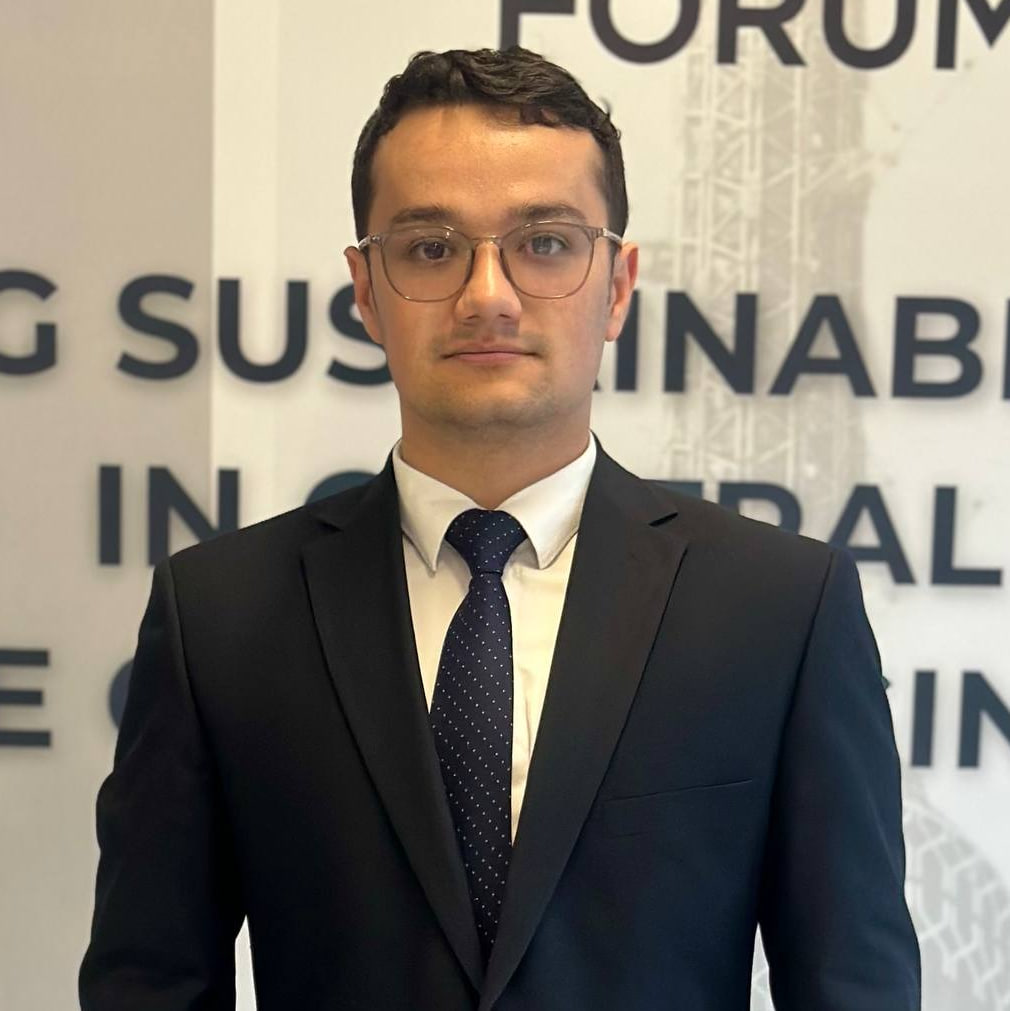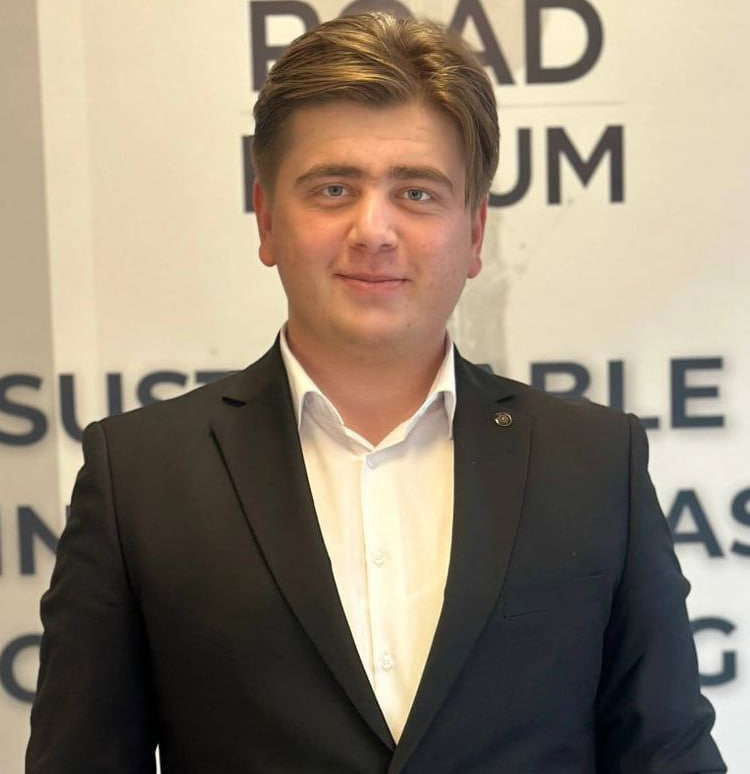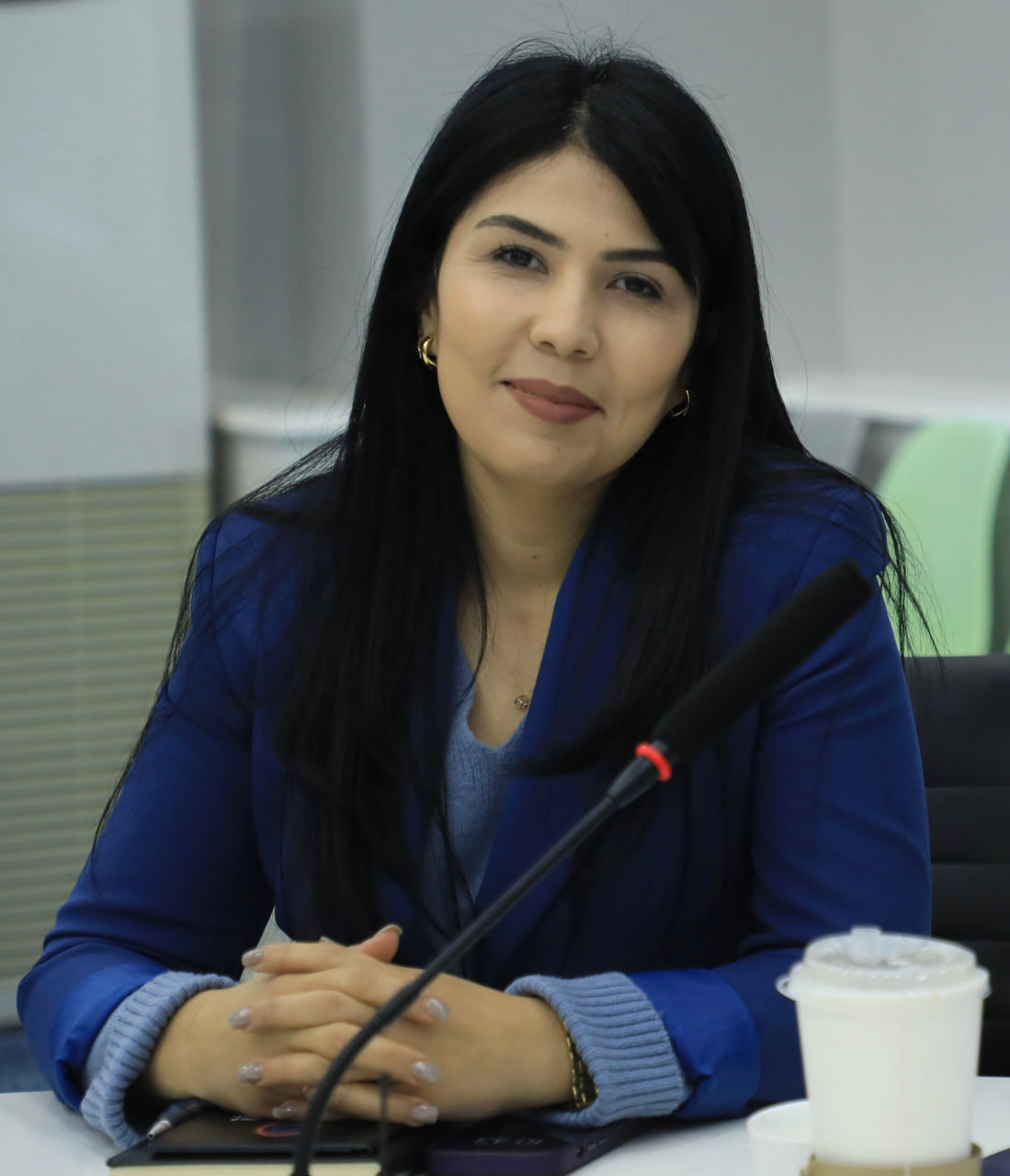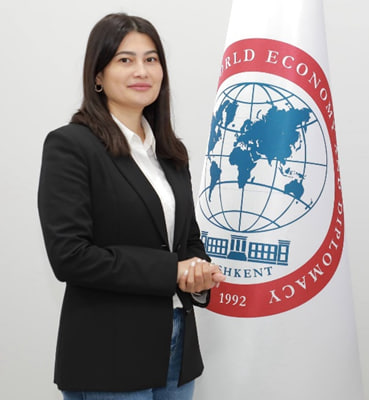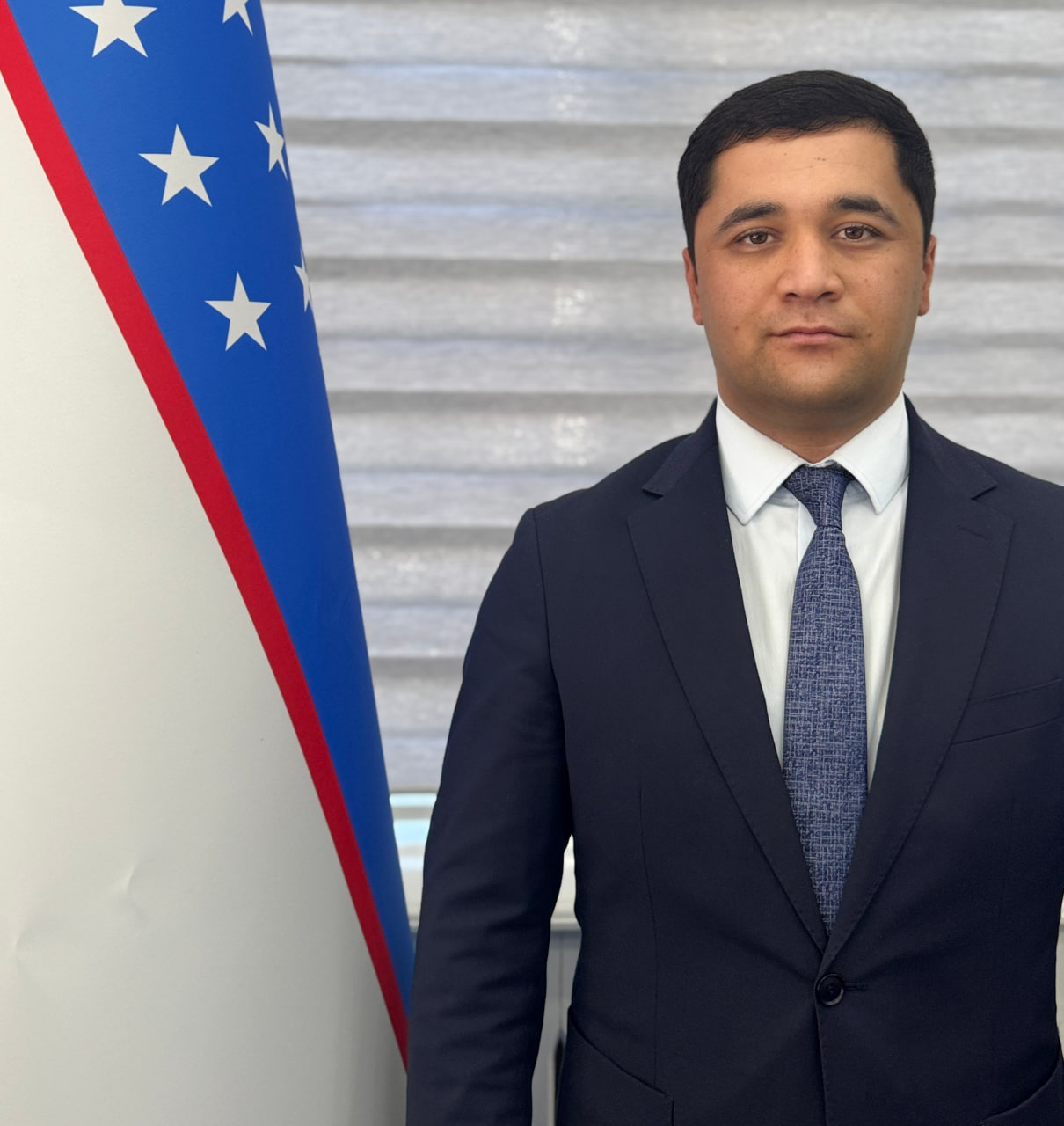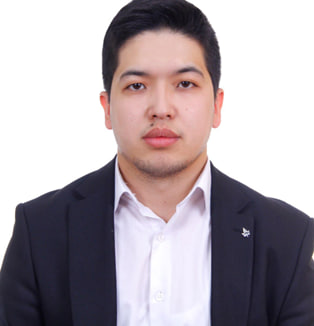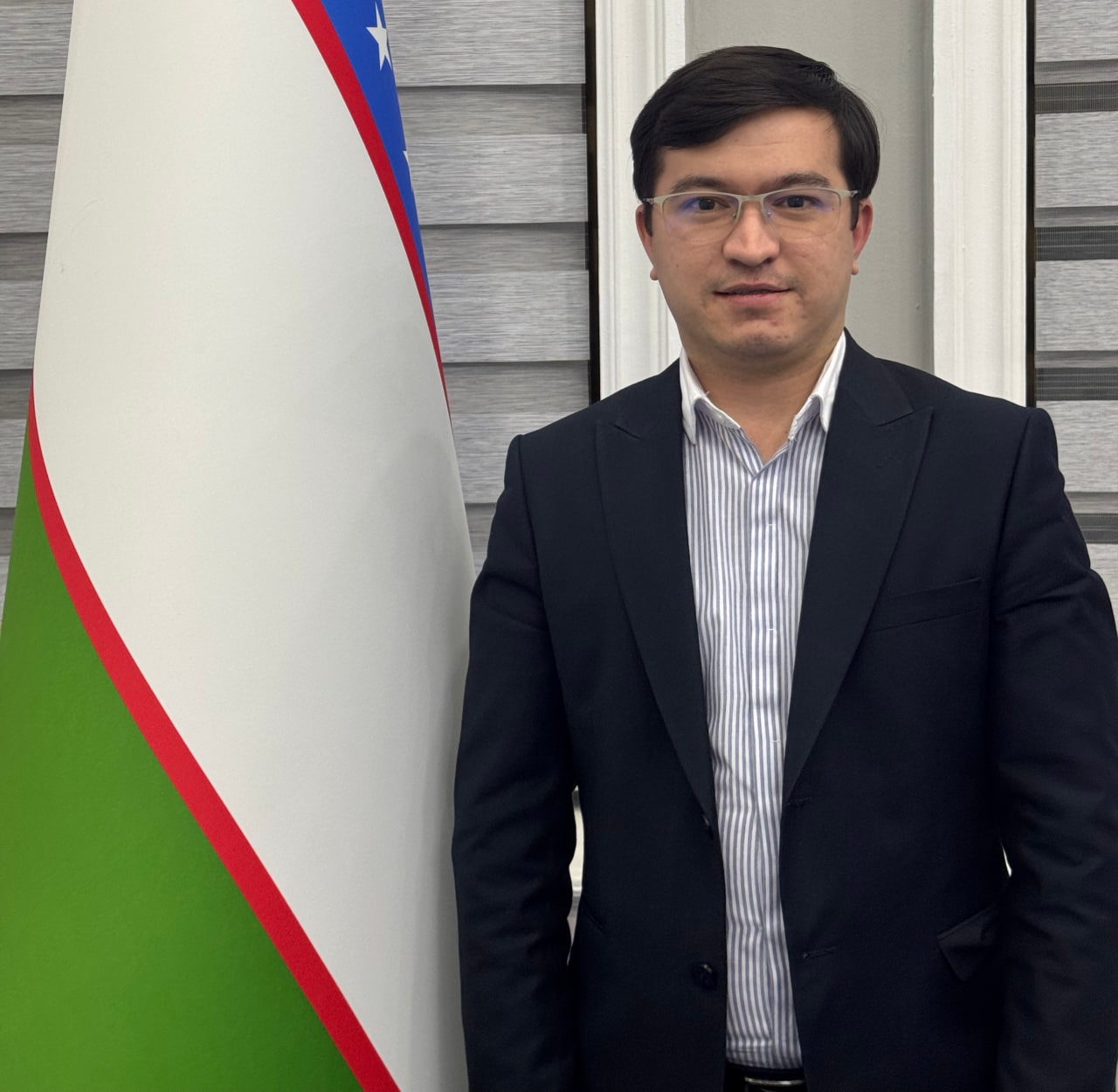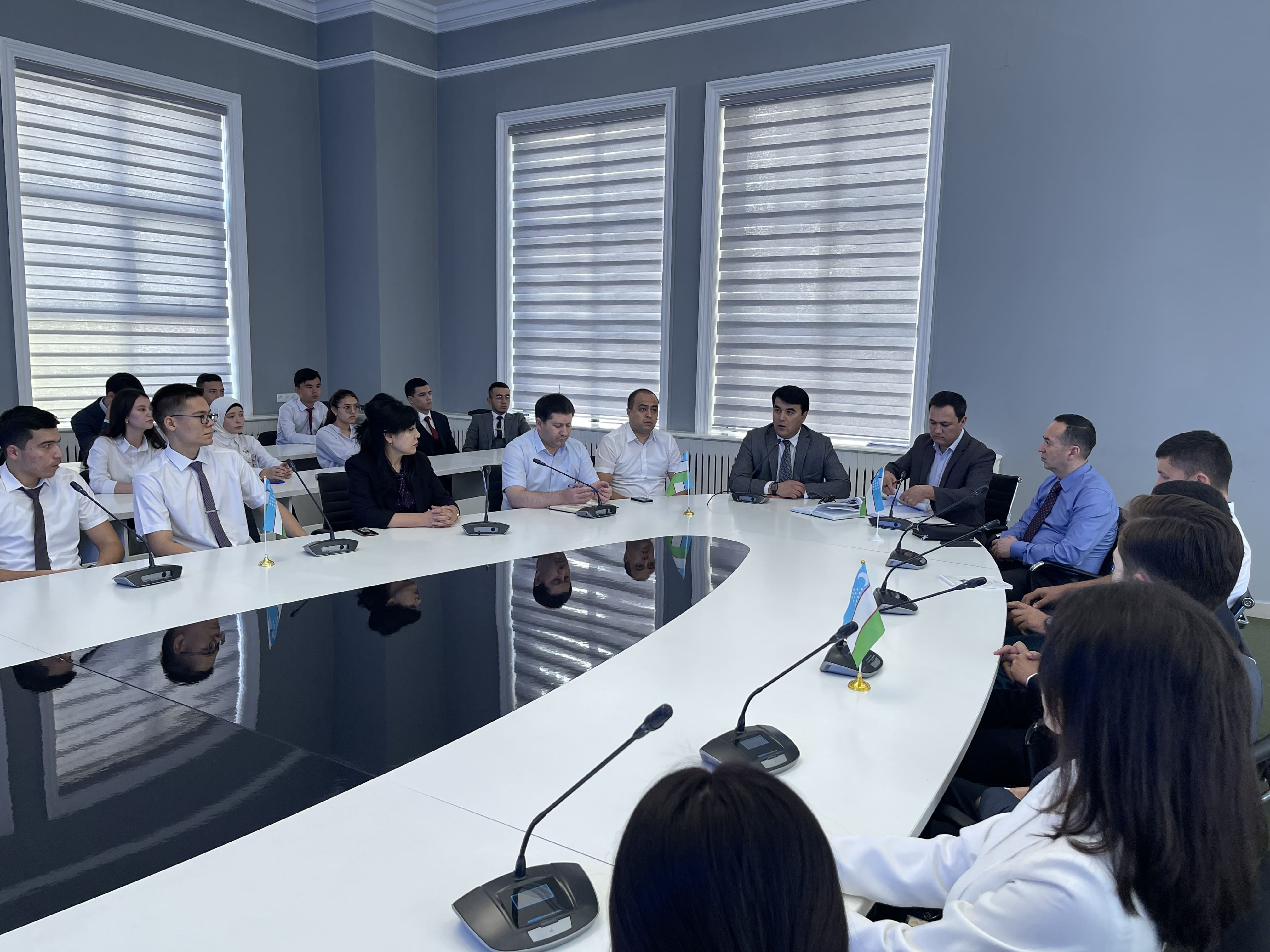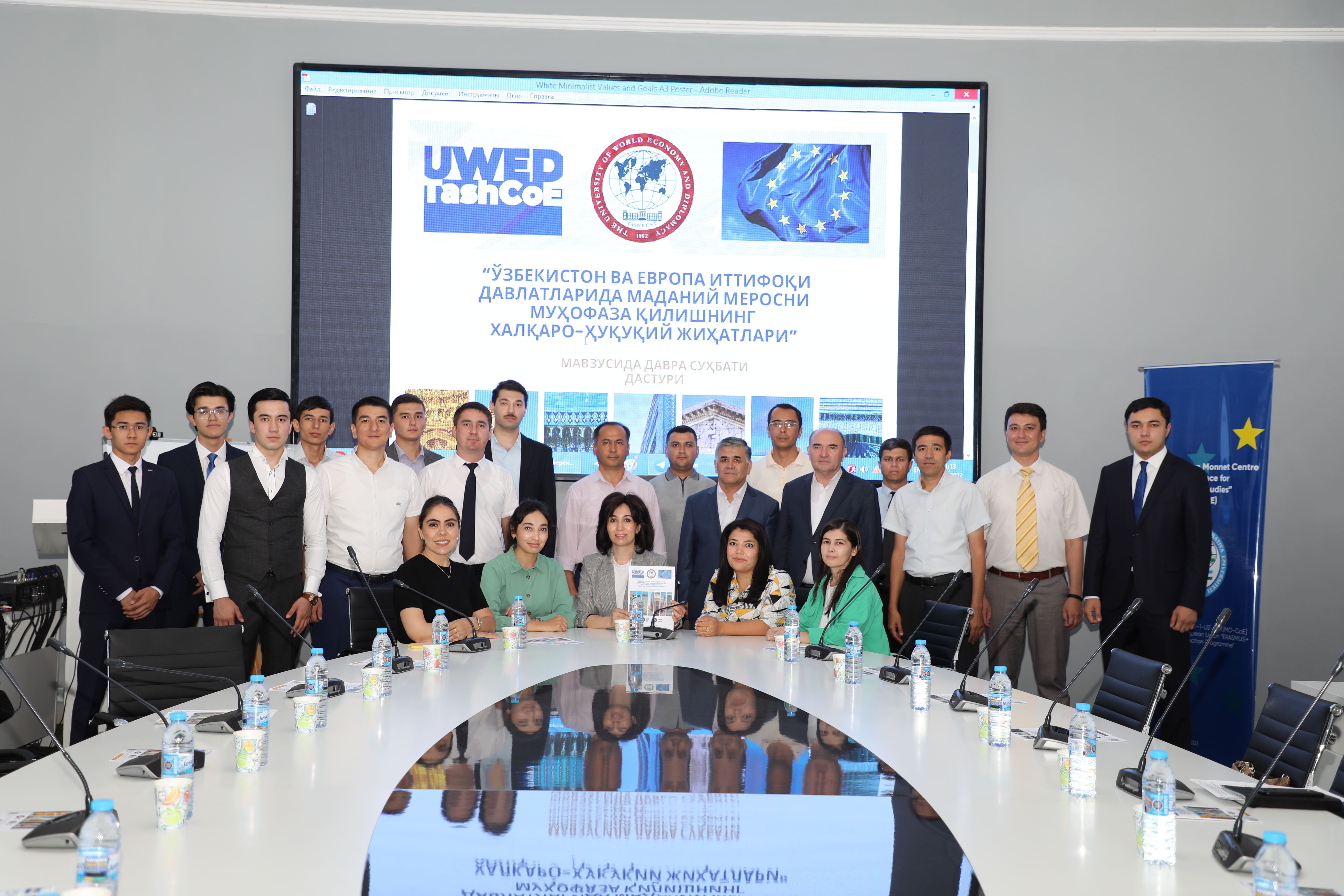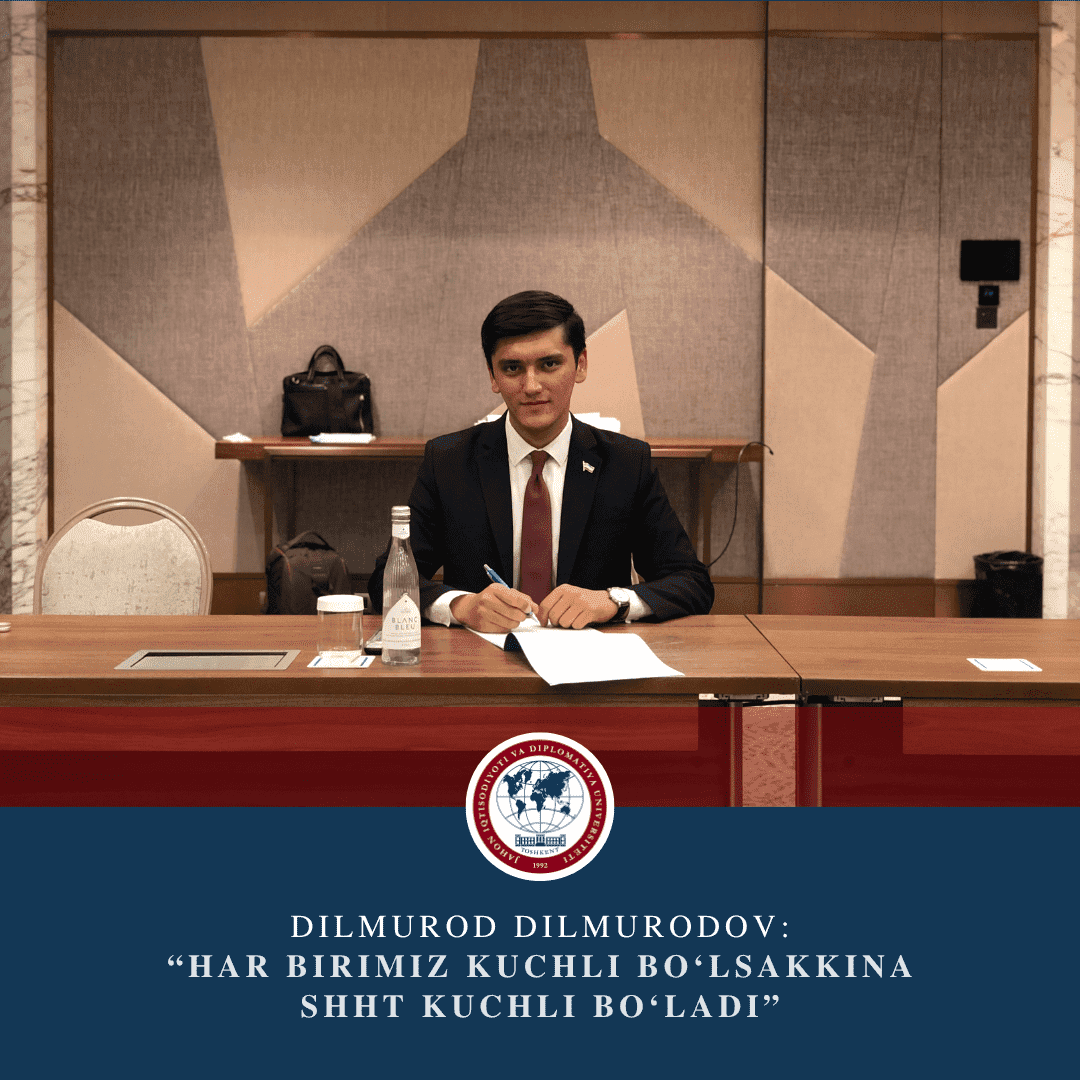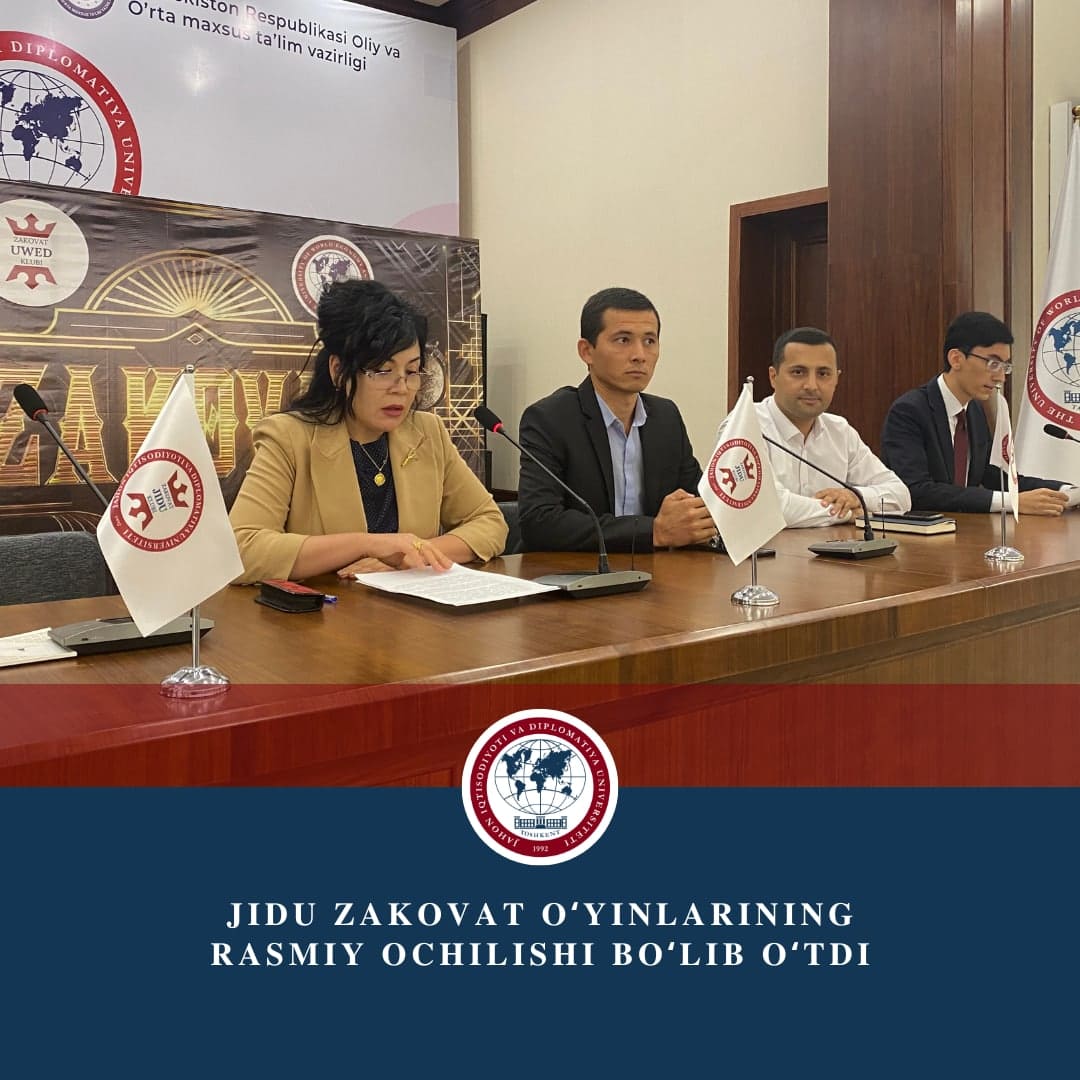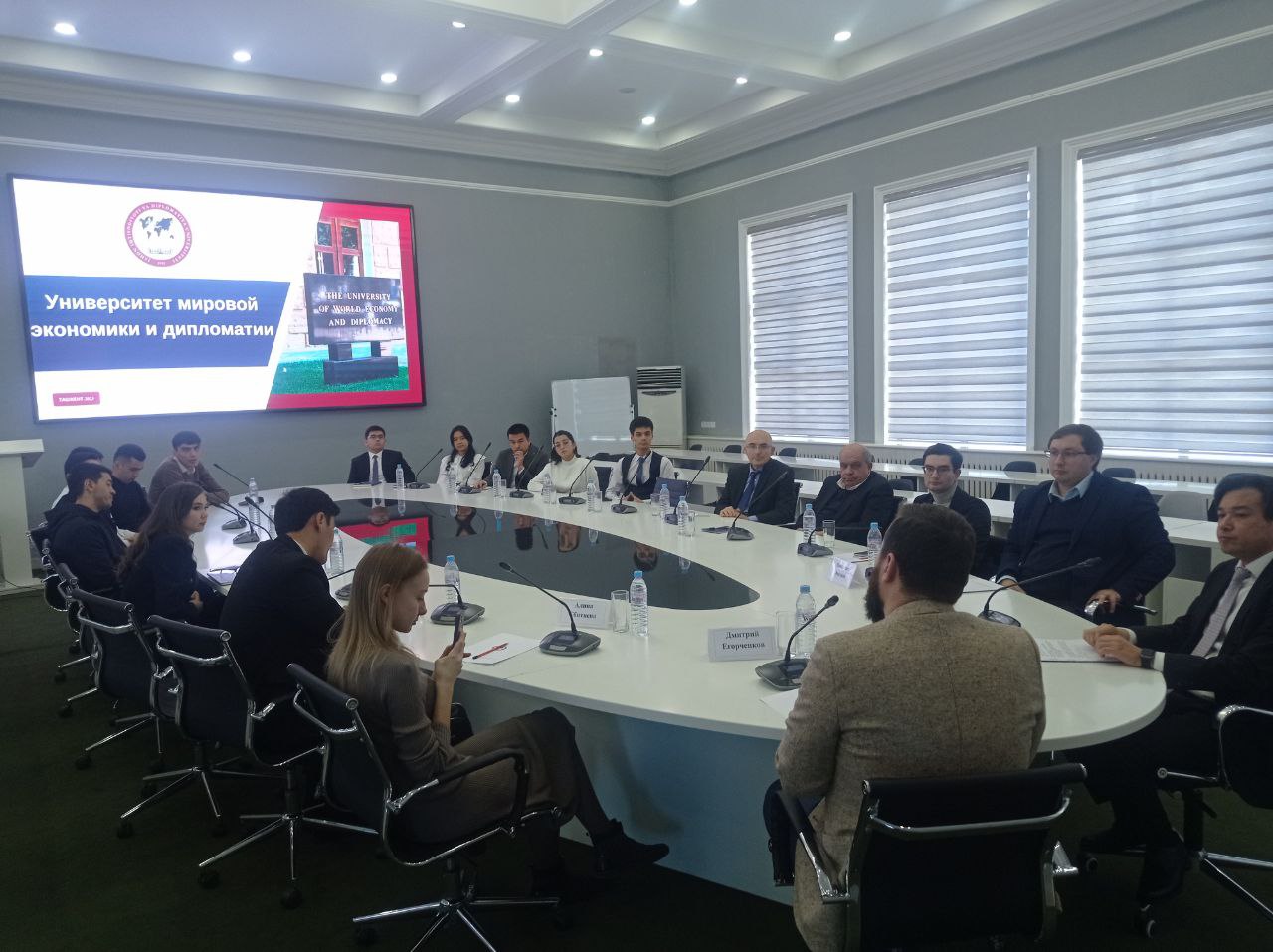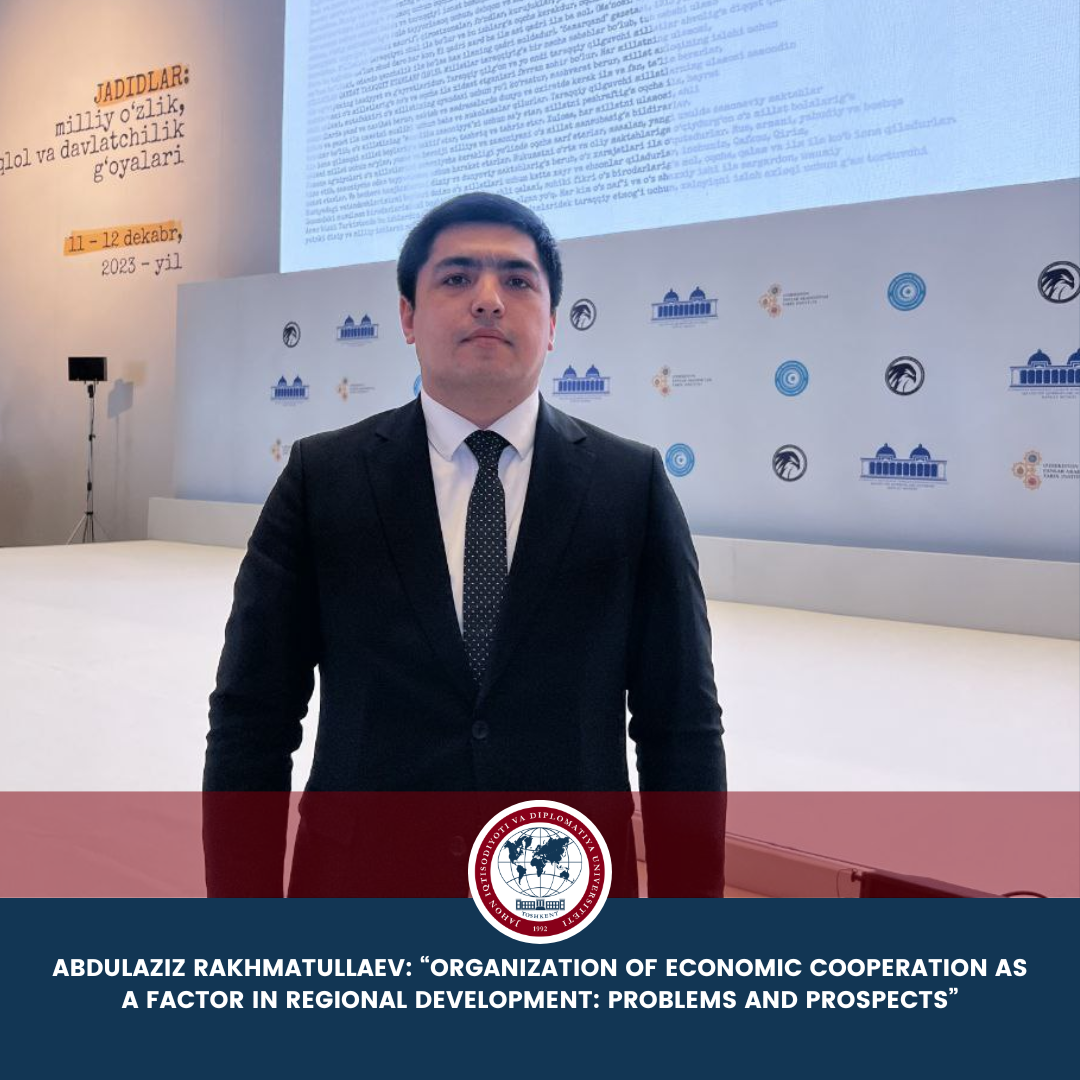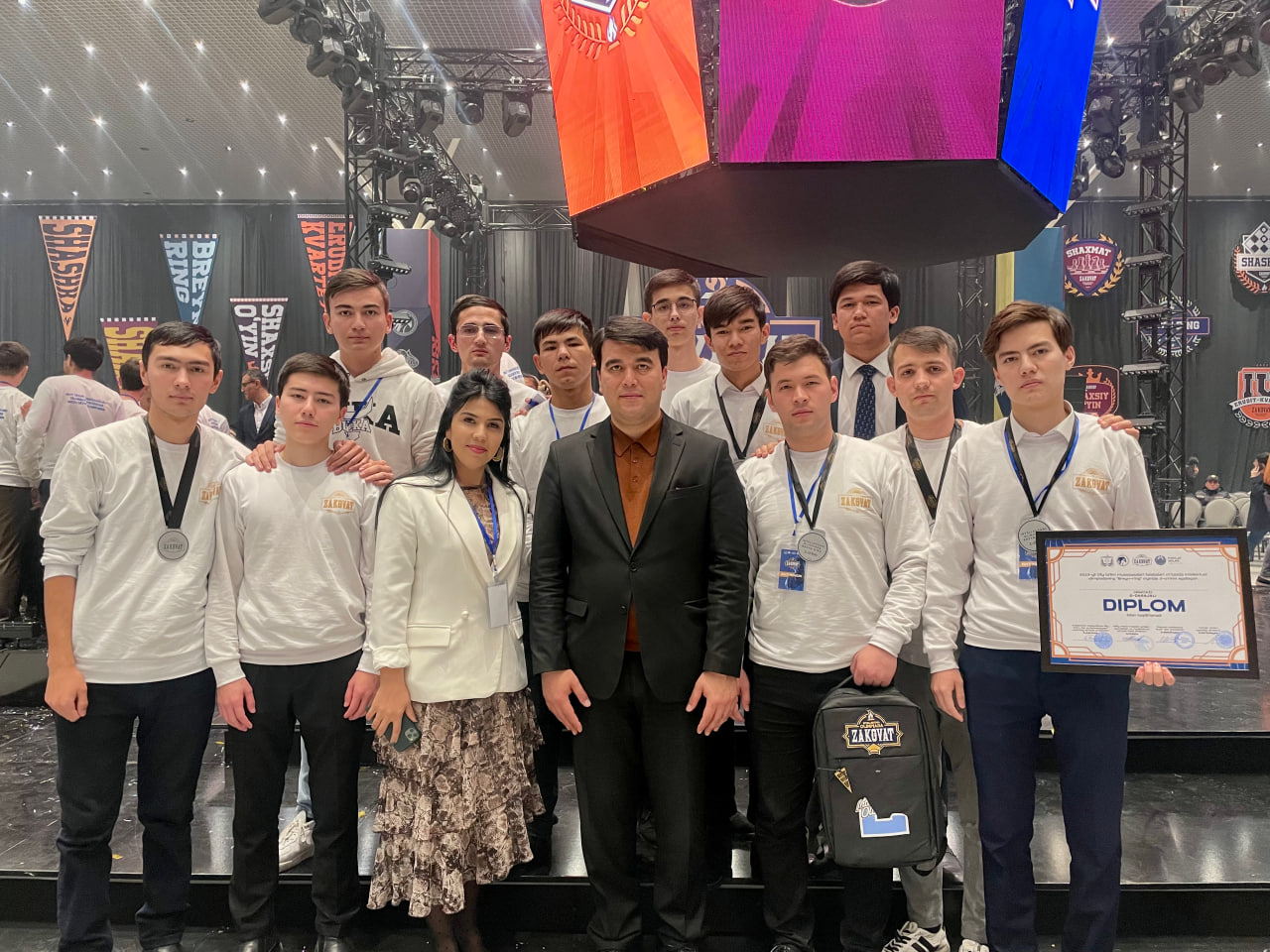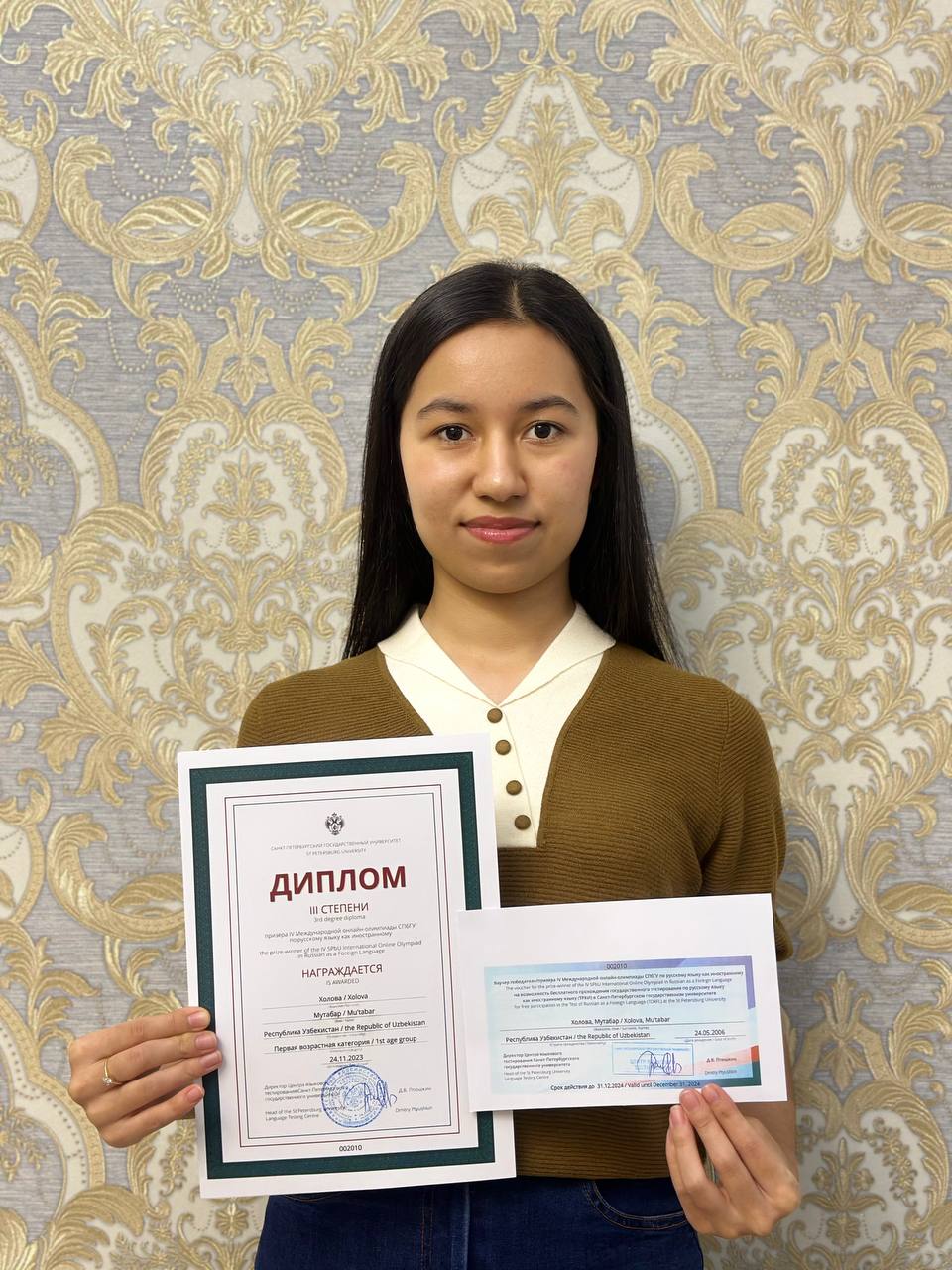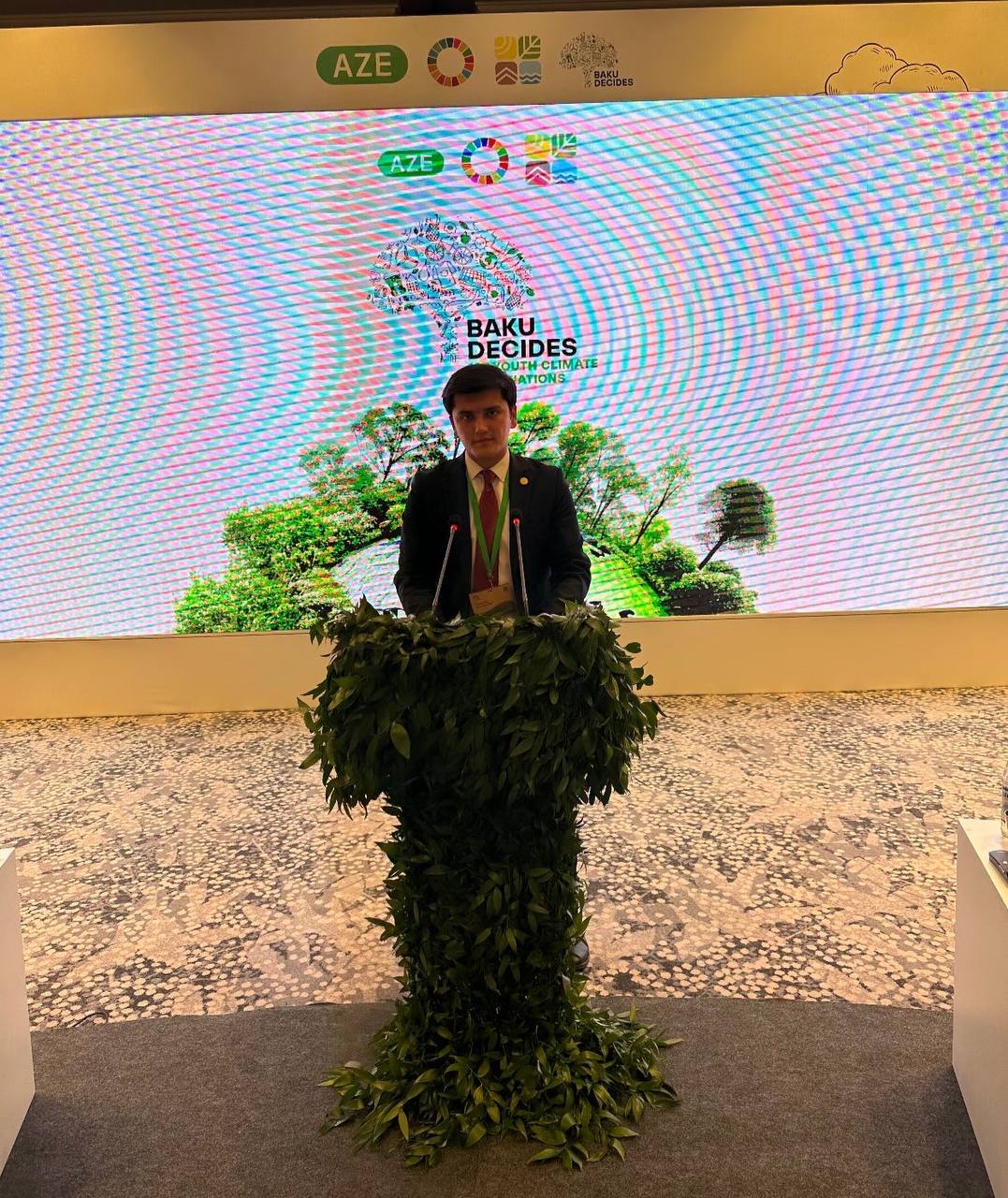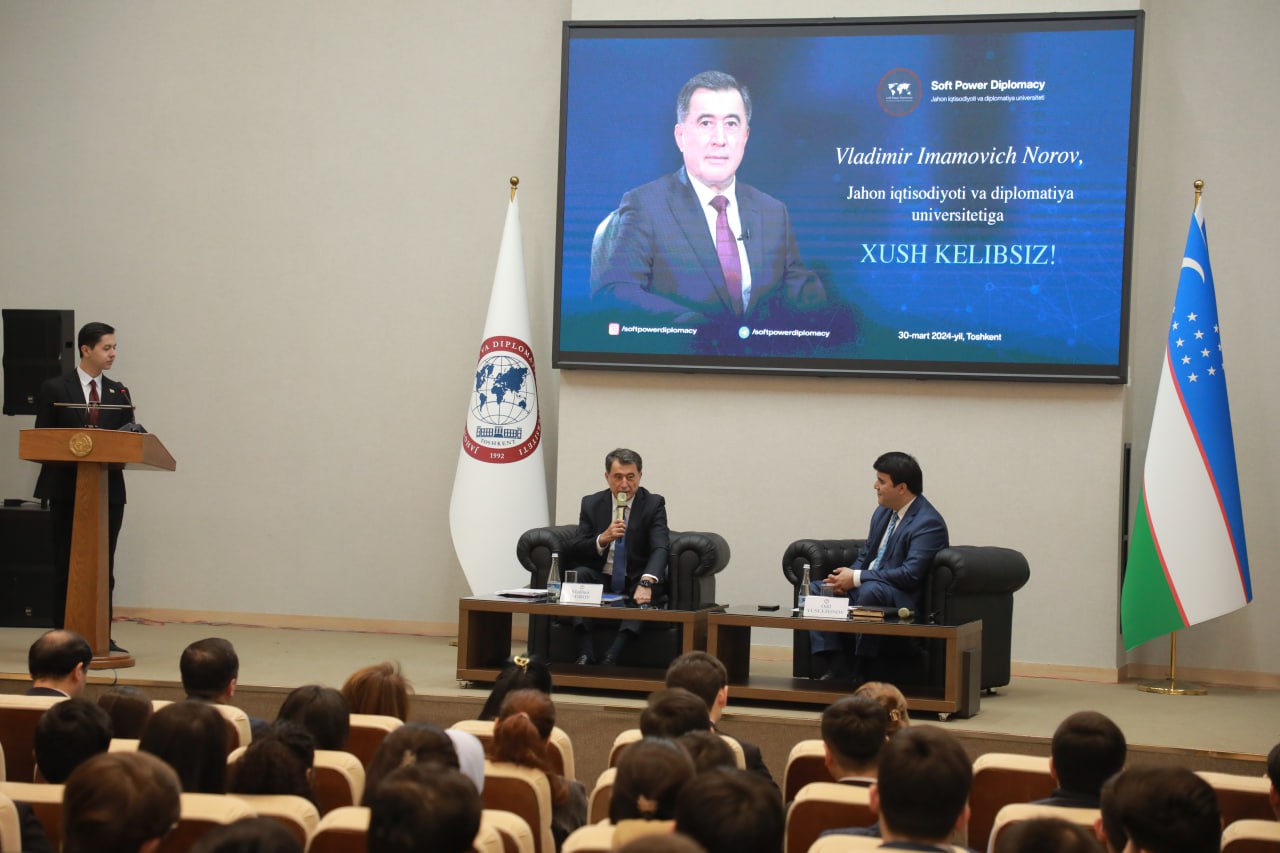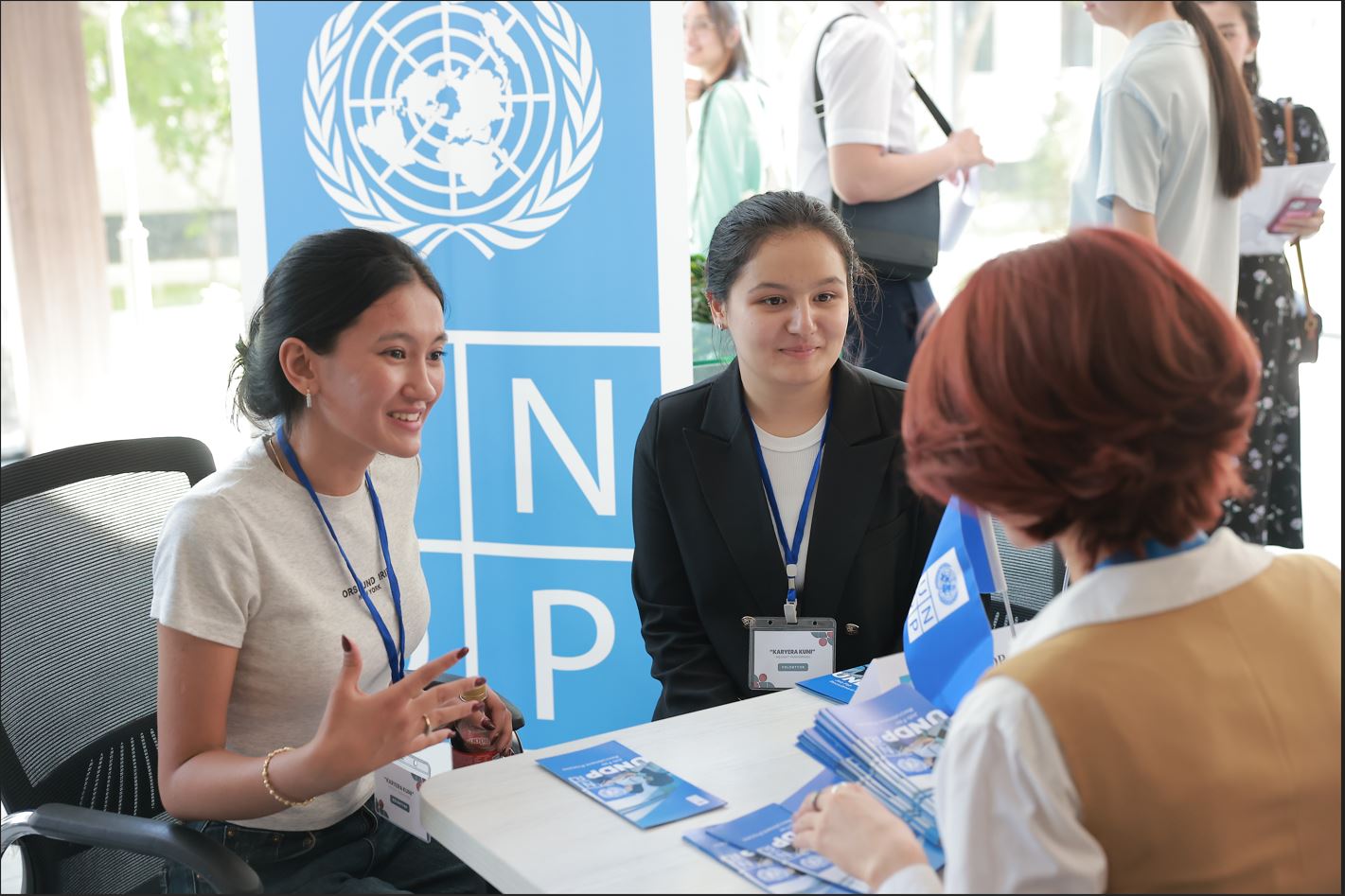
International Relations
Dean's address
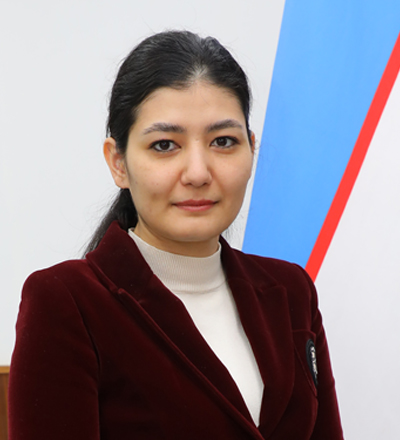
Abdullayeva Madina
I am glad to welcome you to the faculty! The Faculty of International Relations has been functioning for more than 28 years. We will be happy to give you the opportunity, after admission, to immerse yourself in the atmosphere of an intellectual holiday, active academic and student life.
The faculty produces a set of two programs "International Relations" and "Political Science". Traditionally, the program "International Relations" is very popular with applicants.
The faculty has come a long way of transformation, continuing to improve and respond to the challenges of the changing times. Today, the Faculty of International Relations remains the head unit of the UWED in the training of international specialists and political scientists for the Ministry of Foreign Affairs of the Republic of Uzbekistan.
Graduates of the faculty, having a wide range of competencies, easily find themselves in various government institutions, in international and national government and non-government organizations, private companies, analytical and consulting centers.
History
The faculty studies the history of diplomacy of Uzbekistan, the history and theory of international relations, political sciences, foreign policy, geopolitics, security theory, international law, the world economy and international economic relations, the culture of various countries and regions, as well as applied and special disciplines of professional training necessary for future diplomats.
The faculty and graduates of the faculty are actively involved in research activities within the scientific and professional division of the UWED - the Institute for Advanced International Studies and the Diplomatic Academy. Thus, the Faculty of International Relations organically combines educational and research activities, implements in practice the integration of education and science.
Graduates of the faculty make up the main backbone of young specialists in international affairs and political scientists who are annually hired on a competitive basis to work at the Institute for Strategic and Interregional Studies under the President of the Republic of Uzbekistan, the Ministry of Foreign Affairs of the Republic of Uzbekistan, at research and analytical centers, etc. They also work in various state organizations: ministries and departments, international, public and political organizations, private structures.
The sphere of international relations today is a very important component of the modern world, and there is a constant shortage of qualified specialists. Bachelor's programs in the areas of "International Relations" and "Political Science" allow students to acquire the necessary skills to work in this area.
After graduating from the faculty, wide opportunities open up for a diplomatic, research and teaching career. The Faculty of International Relations is the main unit of the UWED in the training of international specialists and political scientists for the Ministry of Foreign Affairs of the Republic of Uzbekistan and its foreign agencies. Its graduates make up the main backbone of young specialists who are annually recruited on a competitive basis to work in the Ministry of Foreign Affairs.
FEATURES OF THE FACULTY
A number of key advantages can be identified in the program "International Relations" and "Political Science":
1. Interdisciplinary character. Students study the disciplines of historical, political science, economic, legal and cultural cycles.
2. The combination of the theoretical base of training with applied analytical activities.
3. At 3-4 years of study, students are offered professional and undergraduate practice at the Ministry of Foreign Affairs of the Republic of Uzbekistan, leading scientific and analytical centers, specialized departments of state authorities, foreign embassies and representative offices of the Republic of Uzbekistan.
4. Students can get involved in project activities, which can be both research and practical - in the form of Start-Up, fulfillment of various orders for third-party organizations.
5. There is a system of support for national and international academic mobility for students. Students can take one or more internships at the Ministry of Foreign Affairs of the Republic of Uzbekistan, leading scientific and analytical centers, specialized departments of government bodies, foreign embassies and representative offices of the Republic of Uzbekistan and foreign universities.
FEATURES OF THE TEACHING OF COMMUNICATION TOOLS
Knowledge of foreign languages allows a graduate of the faculty to become a highly qualified specialist in Europe, America, Asia and Africa. Faculty students have the opportunity to study 11 foreign languages, including European and Oriental. A faculty student must know at least two foreign languages. They study two foreign languages for four years:
the first language is the one they chose upon admission: English, French, German;
the second language is optional, along with European (French, German, Spanish, Italian,) mainly oriental languages: Japanese, Chinese, Arabic, Korean, Dari, Pashto.
In addition, a number of theoretical and special disciplines of the professional cycle are read in English, which ensures freer communication and perception of foreign speech.
Fluency in the main language and mastery of a second foreign language is achieved as a result of regular classes. Although undergraduate graduates do not receive diplomas of professional translators, in most cases they are not inferior to graduates of philological faculties in terms of the level of foreign language proficiency. When it comes to complex political negotiations, public speaking sometimes even surpasses them.
DEVELOPMENT
The faculty constantly focuses on ongoing transformations in international relations and political sciences. The subjects of study are adapted to the study of political realities and research and pedagogical innovations. Recently, under the influence of the discussion around the issues of methods for studying international relations, applied interdisciplinary research in the field of foreign policy began to develop. Applied research has aroused interest from practical organizations. The results of predictive and analytical developments of the departments, published in the scientific press, are also of interest to foreign specialists. This gave impetus to the introduction of the results of theoretical and applied political science developments into the educational process in the form of special courses on international relations. New forms and methods of training have become widespread: modular and distance learning, value orientation, case studies, role-playing and business games, reflection and rotation methods, brainstorming, consulting, participation in official events, and the use of digital technologies.
In the studies conducted by the teaching staff, the foreign policy of countries and international political situations were studied from the standpoint of an interdisciplinary approach. Thus, the beginning of the politological direction of scientific work at the UWED was laid as a field of study of political processes using complex methods and techniques.
SPECIALIZATION
The Faculty of International Relations trains bachelors in the following educational areas:
- 60310800 - "International Relations";
- 60310700 - "Political science".
Bachelors who have completed professional training in the educational areas "International Relations" and "Political Science" can continue their studies in the magistracy in the following specialties:
- 70310802 - "International Relations and World Politics";
- 70310701 - "Applied Political Science" for up to two years.
In addition, the bachelor has the opportunity to continue his studies in the prescribed manner as a senior research fellow-applicant of an independent applicant in the following specialties:
- 07.00.05 - History of international relations and foreign policy;
- 23.00.04 - Political problems of international relations, global and regional development.
Faculty graduates defend PhD and Ds doctoral dissertations in political sciences, thereby replenishing the team of highly qualified specialists in international affairs and political scientists.
WHERE CAN WORK
Graduates of the program are highly qualified specialists who understand the principles of the development of the world economy and international relations and apply their knowledge to:
- in the system of state governing bodies;
- in leading domestic companies with close ties with foreign partners;
- in national representative offices of international corporations and foreign organizations;
- in domestic and foreign universities;
- in large scientific and analytical centers;
- in mass media.
- in diplomatic missions and consular offices of foreign countries in the Republic of Uzbekistan;
- in state committees, khokimiyats and other state institutions;
- in international departments, departments and subdivisions of institutions;
- in international organizations
- in the representative offices of the Republic of Uzbekistan;
- in international organizations and representative offices of international organizations in the Republic of Uzbekistan.
TRAINING TERMS
Duration of training;
in the bachelor's degree - 4 years, form of education - full-time;
in the master's degree - 1 year, the form of education is full-time.
DEPARTMENTS OF THE FACULTY
The faculty has the following departments:
"Political science"
"International relationships"
